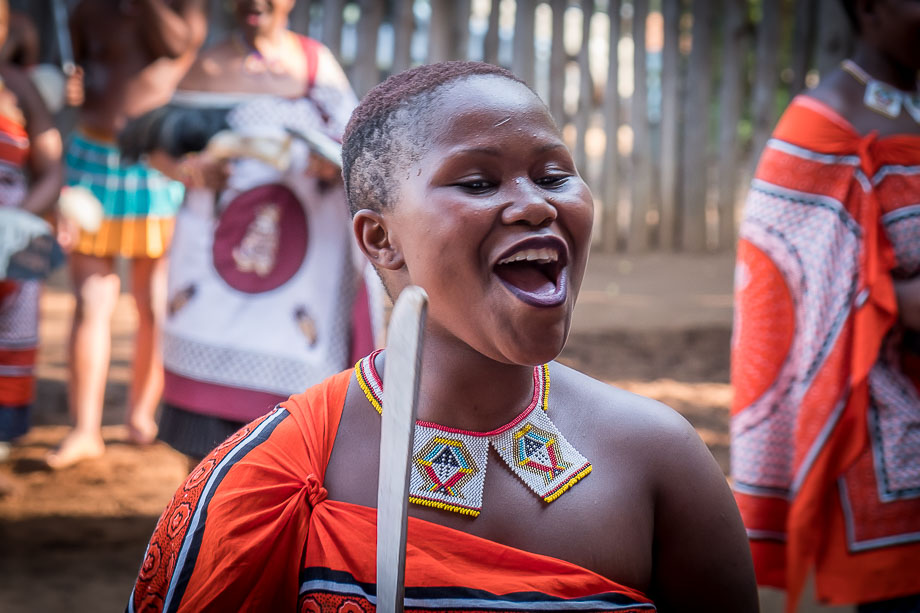eSwatini (formerly Swaziland) is a small landlocked country bordered by South Africa and Mozambique. It’s a beautiful country with a diverse range of fauna, well worth spending some time in. It’s Africa’s last remaining absolute monarchy, having been ruled by King Mswati III for the last 50 years.
The country achieved independence from Britain in 1968, but unlike many other former colonies did not change its name. That is, until the 50th anniversary of independence, which happened to coincide with the King’s 50th birthday bash.
eSwatini is known for its weed, exporting to neighbouring South Africa. It has one of the highest rates of HIV infection in the world. It is also known for its annual festival, the Umhalanga reed dance, where hundreds of topless young women parade for the King and he selects a new wife. Only childless and unmarried women may participate. His father, the former king, apparently had 70 wives and hundreds of children. The current King has only 17 or so.
I had a nightmare getting there from Mozambique. I was told there was a mini-bus leaving whenever full from downtown Maputo. When I arrived, it was one of the ubiquitious Toyota vans (called “chapas” in Mozambique and “combis” everywhere else in southern Africa). A total deathtrap, it took 3 hours to cover the 45 minute drive to the border before running out of gas, just 6km shy, forcing all the passengers to hitchhike to the border. I then had to wait 2 hours for a taxi, getting to Swaziland 12 hours after leaving my accommodation in Maputo.
eSwatini has several nature reserves, where you can see the big 5. I visited the Mlilwane wildlife sanctuary. It has no natural predators (except for crocodiles), so the animals have less fear. I did a mountain bike safari and got really close to some Blue cranes (the national bird of South Africa) amongst others.
I also went to the Mantenga Nature Reserve and saw the cultural village and traditional Swazi dance. It was interesting to learn about the traditional culture, in which the men practise polygamy, but the dance I found a little touristy.

